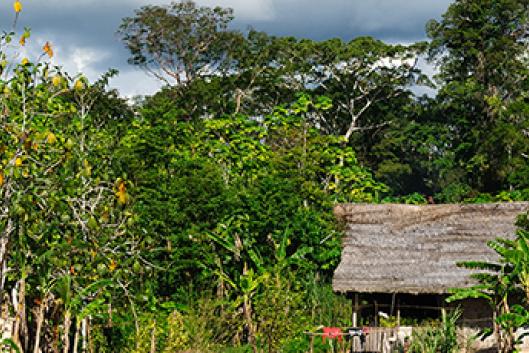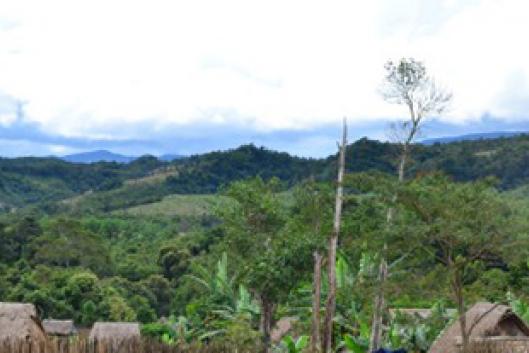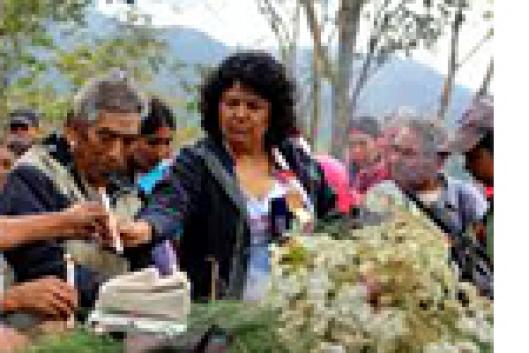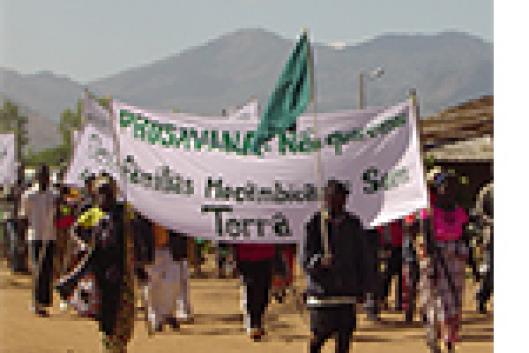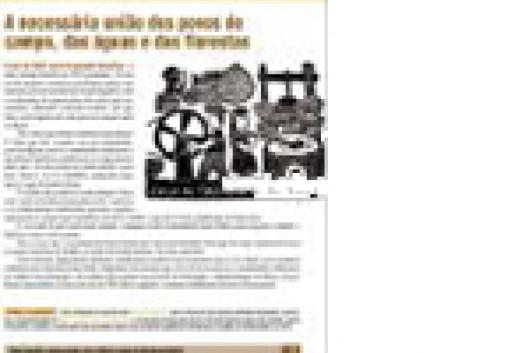Bulletin Issue 222 – March 2016
The green economy: tweaking laws to perpetuate a destructive model
WRM Bulletin
222
March 2016
OUR VIEWPOINT
THE GREEN ECONOMY: TWEAKING LAWS TO PERPETUATE A DESTRUCTIVE MODEL
-
21 March 2016“The goal is to transform environmental legislation into tradeable instruments” Pedro Moura, founder of Ecosecurities, a carbon offsets company, and creator and director of the “Bolsa Verde Rio”, Brasil’s green exchange stock market (1)
-
-
21 March 2016On 8 January 2016, the Government of Chhattisgarh (GoC), India, passed an order cancelling the rights of the villagers of Ghatbara over a “community forest” area, which had been granted to them several years back under the Forest Rights Act (1). Even though the affected communities and legal experts question the legality of the state government’s action, there is another striking aspect around this decision. The GoC has annulled the village rights because, it says, these were being used to oppose mining of coal in the region. But the people have indeed very good reasons for doing so. Coal mines and the Hasdeo forest
TRICKS AND DECEPTION THAT PROMOTE LAND GRABBING
ACTION ALERTS
-
21 March 2016La Vía Campesina denounces the grave criminalization taking place in Honduras today in the form of prisons, repression and the assassination of peasant and indigenous leaders. In the last few weeks the situation has worsened greatly with the proliferation of hired assassins aiming to take the lives of those who demand land to produce food, of those who struggle against extractivism, dams, and agribusiness. La Via asks for all those concerned with human rights and justice to articulate public acts of solidarity at Honduran embassies around the world.
RECOMMENDED
-
21 March 2016The December 2015 Raíces newsletter focuses on the problems arising around approval and regulation of the Legal Framework on Biodiversity, and the impacts of this new law. In this recent rush to privatize nature and traditional knowledge, government and business groups have teamed up to introduce the legalization of biopiracy—under new labels. This publication, by the NGO Terra de Direitos, points to some of the challenges to be faced, and it seeks to continue discussions on the legislative setbacks for biodiversity protection in 2016.
-
21 March 2016A report by Corporate Europe Observatory reveals how the biotech industry is trying to shape rules to allow the entry of new technologies for genetically modified organisms (GMOs). The industry has revived the discourse it used 20 years ago to pave the way for new genetic engineering techniques, and it has launched a European-level lobby with the goal of getting as many techniques as possible excluded from European Union regulation. Large biotech companies like Bayer, Monsanto and Dow AgroSciences have registered dozens of patents on new genetic engineering techniques.
